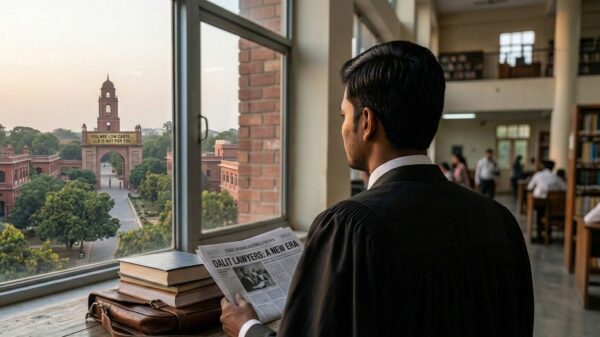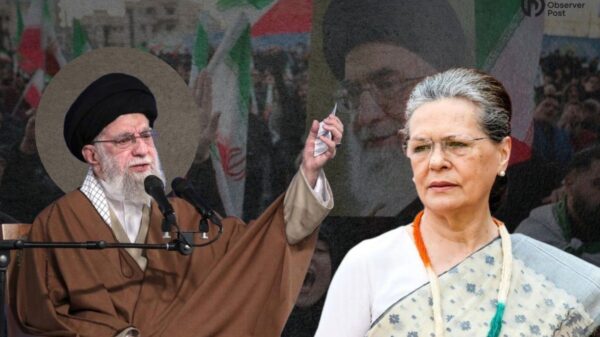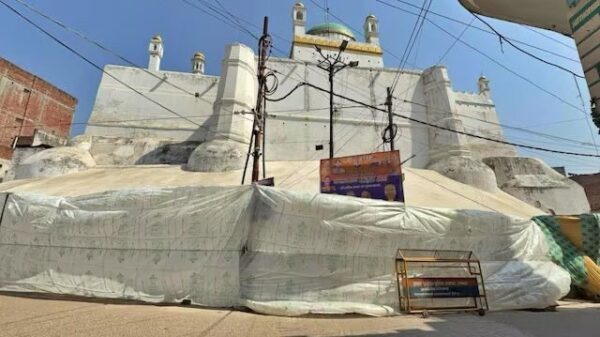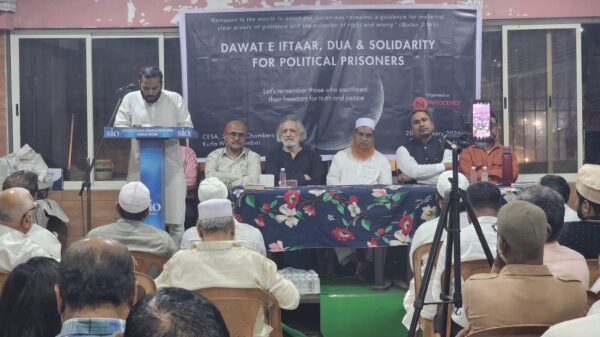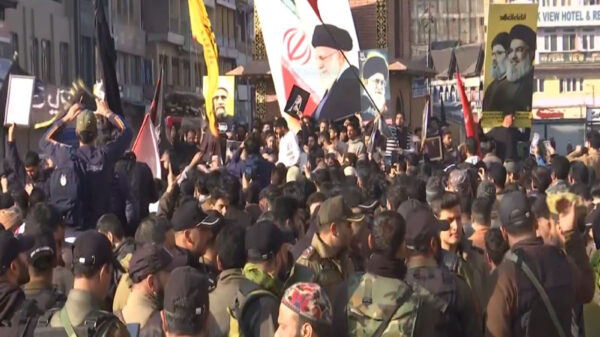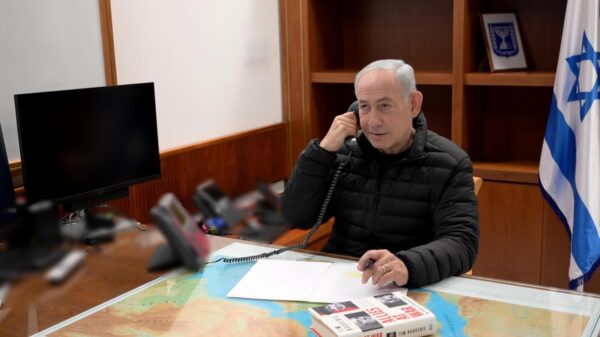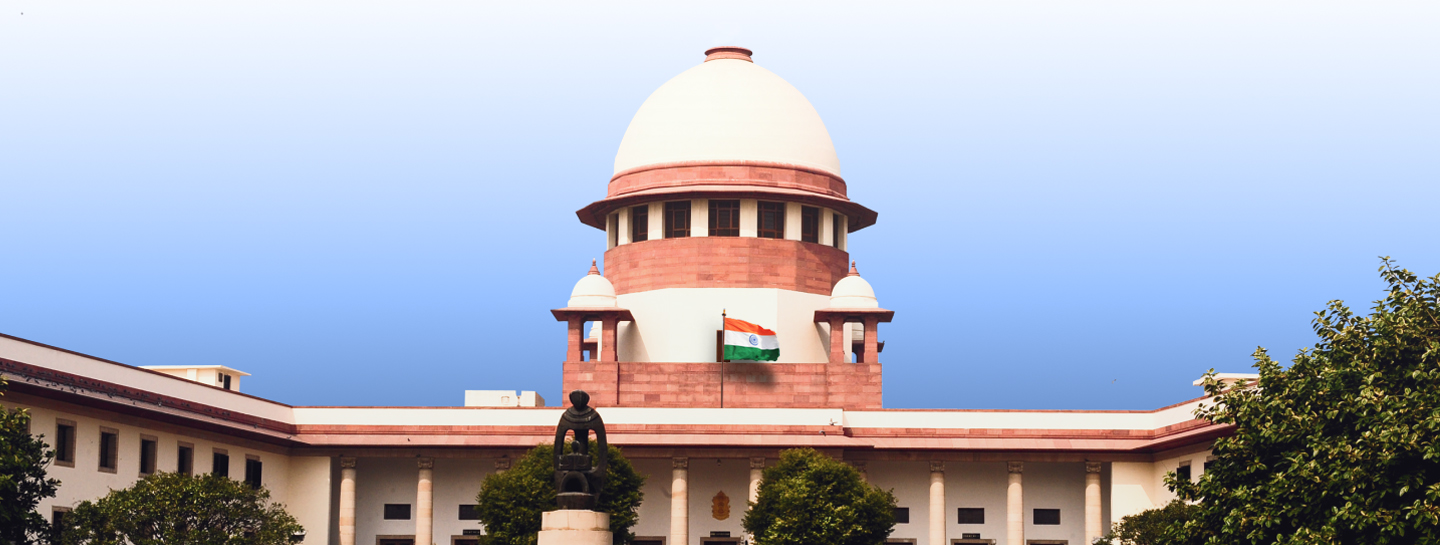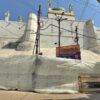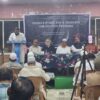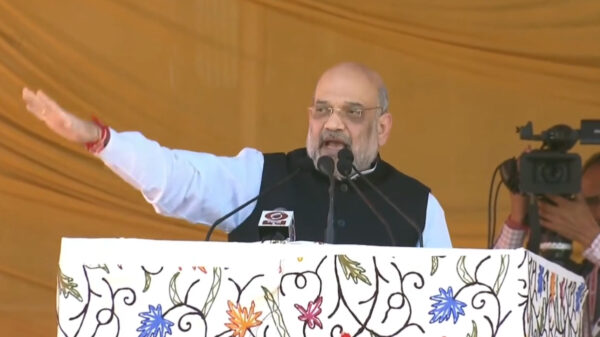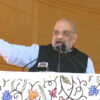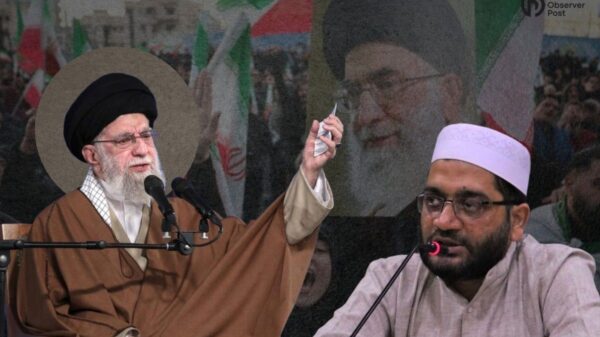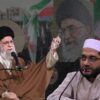On Thursday, the Supreme Court restricted courts countrywide from hearing or issuing orders in any new lawsuit or plea requesting a survey of mosques to determine whether temples are beneath them.
The Supreme Court restricted lower courts, including the high court, from issuing any orders in ongoing proceedings related to these types of issues, so halting surveys until further instructions are given.
The following ruling was issued by a special bench made up of Justices Sanjay Kumar, KV Viswanathan, and Chief Justice of India Sanjiv Khanna.
The Supreme Court, while hearing on pleas challenging the Places of Worship Act, said, “No order of survey or any other effective order to be passed in existing suits as well.”
The court mandated that courts refrain from issuing effective interim or final rulings, including survey orders, in cases that are still pending (such as those involving the Gyanvapi mosque, Mathura Shahi Idgah, Sambhal Jama Masjid, etc.). While considering a number of petitions against the Places of Worship (Special Provisions) Act, 1991, the interim ruling was issued, Live law reported.
The aim of the Places of Worship Act, 1991, was to maintain the religious identity of all places of worship as they existed at the time of independence. The one exception to this rule was the now-resolved Ram Janmabhoomi-Babri Masjid controversy in Ayodhya.
A number of petitions challenging the 1991 Act’s constitutionality—which prevents changing the religious character of places of worship as they were on August 15, 1947—were being heard by the Court.
In March 2021, the Court sent a notice to the Union Government in response to the 2020 filing of the main petition, Ashwini Kumar Upadhyay v. Union of India. There were subsequent identical petitions challenging the same law.
The Court has repeatedly extended the deadline, but the Union Government has yet to submit its counter-affidavit. Due to violent episodes that followed the survey of the Sambhal Jama Masjid in Uttar Pradesh, the 1991 Act has recently drawn public attention.
Furthermore, Jamiat Ulema-i-Hind filed a writ petition to have the Act enforced. A number of political parties submitted intervention applications to support the protection of the Act, including the CPI(M), Indian Union Muslim League, DMK, RJD MP Manoj Kumar Jha, and NCP (Sharad Pawar) MP Jitendra Awhad.
Advocates Kanu Agarwal, Vishnu Shankar Jain, and Ejaz Maqbool were appointed by the Court as nodal counsel to gather information on behalf of the Union, petitioners, and Act supporters, respectively.






